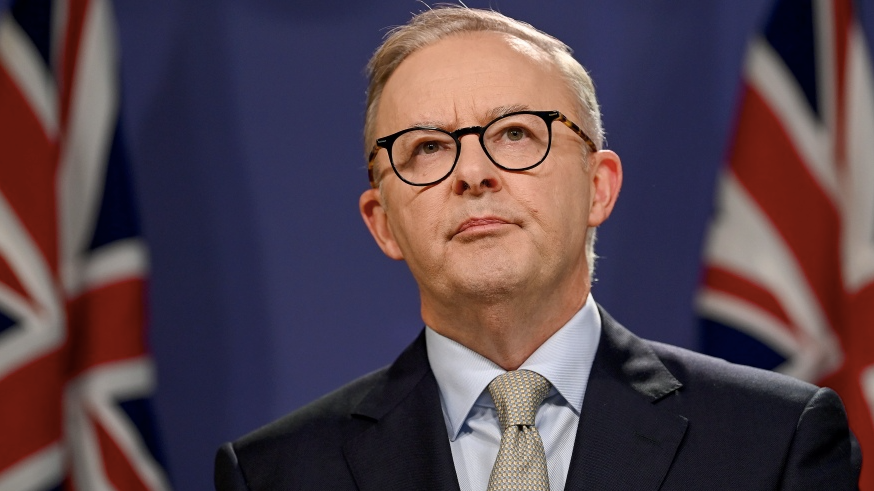|
Getting your Trinity Audio player ready...
|
Australia Bans TikTok — Australia has followed its allies in the Five Eyes intelligence alliance, including the US, Canada, Britain, and New Zealand, in banning the use of TikTok on government devices. Attorney-General Mark Dreyfus announced the directive on Tuesday after receiving advice from intelligence and security agencies. The decision came amid growing concerns that the Chinese-owned video app posed a security threat.
TikTok has been under increasing pressure from Western countries, with Norway and the European Parliament also making similar moves. Last week, NATO banned staffers from downloading the app onto NATO-provided devices.
The app has been accused of an extensive collection of user data and exposure to extrajudicial directions from a foreign government that conflicts with Australian law. However, there is no evidence that the Chinese government has accessed TikTok user data.
Lee Hunter, general manager of TikTok in Australia and New Zealand, expressed disappointment, saying the company had repeatedly reached out to the Australian government for constructive engagement. He maintained that there was no evidence to suggest that the app posed a security risk to the country.
Hunter stressed that the millions of Australian users deserved a government that made decisions based on facts and treated all businesses fairly, regardless of their country of origin.
According to the company, as of early 2023, Australia has more than 8 million users aged 18 and over. The notice issued by the Attorney General’s Department stated that TikTok posed security and privacy risks due to its extensive collection of user data and exposure to extrajudicial directions from a foreign government.
Although no government has enacted a broader ban targeting TikTok on personal devices, the Biden administration has threatened to do so in the US unless the app’s Chinese owners, Bytedance, agree to spin off their share of the social media platform. The US government is concerned that China could use its national security laws to access the significant amount of personal information that TikTok collects from its US users.
TikTok CEO Shou Zi Chew has been grilled about the tech firm’s alleged ties to the Chinese government during a high-profile congressional hearing on the matter. Chew has said that the Chinese government has never asked TikTok for its data and that the company would refuse any such request. For its part, China’s Commerce Ministry said it would “firmly oppose” any decision resulting in the forced sale of TikTok, adding that it would “seriously damage” global investors’ confidence in the United States.
Australia’s attorney general said that any exemptions would be granted “on a case-by-case basis and with appropriate security mitigation in place.” The government had recently received a review into foreign interference through social media applications from the country’s Home Affairs Department, with its recommendations being considered.
The ban on TikTok has come as a significant blow to the company, which has been rapidly expanding its user base globally, with a reported 1 billion users worldwide as of 2021. The app has been popular among younger audiences for its short-form videos and has been credited with launching several viral dance trends.
However, concerns have been raised about the app’s Chinese ownership, with fears that it could be used to gather sensitive data on users for use by the Chinese government. The app has repeatedly denied any such claims, stating that it operates independently from the Chinese government.
The decision to ban TikTok on government devices in Australia is likely to put pressure on the app’s future in the country. However, it remains to be seen whether other countries will follow Australia’s lead and impose similar restrictions.
In recent years, there has been growing concern about the security implications of Chinese-owned technology companies operating in Western countries. The US, in particular, has taken a hardline approach, with former President Donald Trump issuing executive orders seeking to ban TikTok and other Chinese-owned apps.
While the Biden administration has been less aggressive in its approach, it has continued to voice concerns about the security implications of Chinese-owned technology companies. The decision to ban TikTok on government devices in Australia is likely to add to those concerns and could pave the way for further restrictions on the app in other countries.
